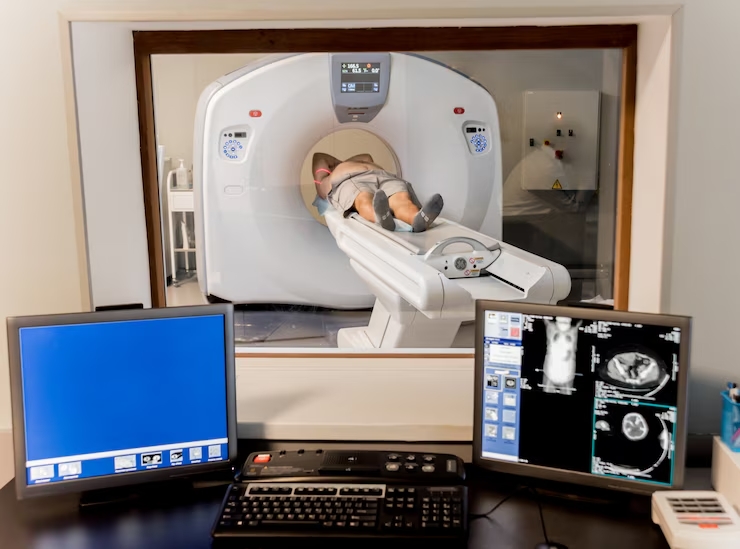Radiologists are busy. Patients come in, scans get done, and results come out. But sometimes, a follow-up scan is needed. Here’s the problem—many practices are losing money on these follow-ups. Why? The answer lies in a process where your patient needs to for another round of follow-up radiology service.
If you’re a radiology billing manager or practice owner, this rule could silently hurt your revenue. Now, you should know how it affects your radiology billing services, some relatable examples and if modifiers have any roles there.
CMS made a rule to stop duplicate billing for the same kind of imaging. If a patient comes back within a few days for the same test on the same body part, it's counted as part of the first scan, CMS will verify the repeat radiology service administered by the physician to prevent duplicate billing or overpayment issues. Also, you need to use the technical component of imaging (use of equipment and facility) may be bundled if the follow-up scan is considered part of the same episode of care.
How Does It Affect Your Radiology Billing Solution?
This can hurt your income, especially in busy imaging centers or hospitals. Here’s how: you do the first scan, report it, and bill it. Then, your patient comes to your radiology center for the follow up scan within a few days. You do the second scan, but CMS may deny the bill as they require you to provide them with strong documentation and bundle it into the payment for the first scan to avoid claim denials.
Here are some relatable examples for you so that you can understand the 7-day rule better-
Here’s how it works: A patient gets an abdominal CT on Monday. The doctor wants a repeat scan on Friday for the same area and issue. CMS says it’s part of the first test, so you don’t get paid for the second scan as it should bundled with the first CT scan. Now take another case. A patient had a chest MRI on Monday. By Thursday, they have new back pain, and the doctor orders a lumbar MRI. This is a new area and a new issue. CMS allows payment, and you get paid.
Now, you should know If modifiers can actually help you.
The roles of modifiers in the bundled payment:
No. In this case, modifiers like -76 (repeat procedure) or -59 (distinct service) don’t work if the scan falls under the 7-day rule. CMS simply bundles the services together under one global payment.
Fortunately, you can still ensure a perfect billing mechanism by following the tips mentioned below-
5 super-effective tips to follow in your radiology billing services:
1. Know the Dates
Track when the first scan was done. Flag patients returning within 7 days. This helps your billing team prepare.
2. Check the Body Area
Make sure you are performing the second radiology test on a different body part. If not, prepare for denial. Documentation matters here. Clearly note which part is being scanned.
3. Get Solid Clinical Justification
Make sure your documentation is solid if the second scan is actually medically necessary for your patient. Your radiologist’s report should clearly explain:
- Why the repeat was needed
- What changed clinically
- What the provider is looking for
Good documentation won’t guarantee payment, but it strengthens your case if you appeal.
4. Educate Referring Doctors
Many doctors don’t know the rule. When they order a repeat scan, let them know about the billing issue.
Work together to plan imaging schedules when possible.
5. Use a Billing Partner Who Knows the Rules
Outsourcing your billing to experts can help. An experienced radiology billing company knows:
- How to flag potential 7-day conflicts
- How to document better
- When to appeal denials
- How to avoid doing unpaid work
This alone can save your practice thousands.
Radiology is fast paced. However, billing rules like the 7-day rule can slow your income.
The solution? Know the rules. Watch the calendar. Educate your team. And don’t let follow-up scans sneak in without getting the proper credit—or payment. If you're not maintaining proper documentation, you're probably losing money.
Fortunately, you can still ensure a perfect billing service with a bit of planning, smart documentation and the perfect mechanism. A professional radiology billing company knows what it takes to ensure proper adherence to the billing rules and enable you to avoid all the billing pitfalls, thus ensuring excellent cash flow and financial foundation for your radiology practice.





Comments